Hyperpigmentation
What is pigment?
Under the influence of sunlight or hormones, pigment cells are stimulated to produce a dye. This pigment is then transferred to the surrounding skin cells via extensions of pigment cells.
What causes hyperpigmentation?
Hyperpigmentation is an increase in pigment in the skin. This pigment (colour) increases because the number of pigment cells increases or because the pigment production increases while the number of pigment cells remains the same.
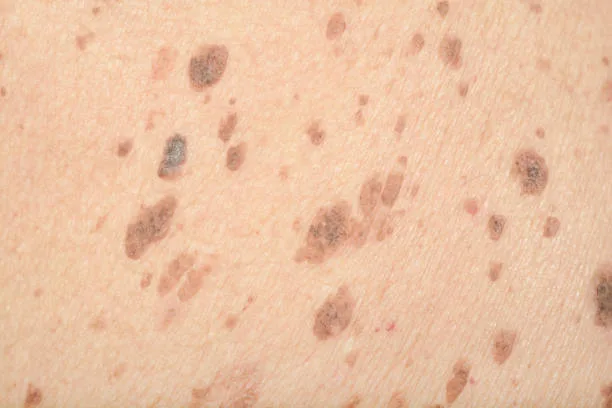
Melasma
What is melasma?
Melasma (also called pregnancy mask) is a pigment disorder in which dark brown spots appear on the skin. Melasma occurs mainly on the forehead, cheeks, temples, around the eyes and on the upper lip.
The dark spots are particularly noticeable after exposure of the skin to sunlight or a tanning bed. We see melasma mainly in women of childbearing age. But men can also suffer from melasma, it is just less common.
How does melasma develop?
Estrogen appears to be a major hormonal culprit. Because our melanocytes (pigment producing cells) have their own estrogen receptors, they are triggered to produce more pigment when there are high levels of hormones circulating in the body. This is why women in particular suffer more from melasma, but men can also develop melasma.
Other triggers include exposure to sunlight, heredity, use of birth control pills, certain cosmetics and some anti-epileptic drugs. These factors can lead to increased activity of the pigment cells.
What can we do for you?
Melasma is very difficult to treat.
Because melasma is often deeper than other forms of hyperpigmentation, it is somewhat more stubborn. Fortunately, at Unicare Clinic we have the best treatments for both superficial pigment disorders and deeper ones such as melasma.
It is important that you are patient, consistent in your aftercare and take into account provoking factors.
Tip: do not self-medicate, this often makes melasma worse.
In short: the do’s and don’ts:
✔️ Use good blocking sunscreen every day, even in the rain and when staying indoors.
✔️ Use pigment-inhibiting skin care products.
❌ Avoid exposure to the sun as much as possible.
❌ Avoid hormonal contraceptive methods if possible.
❌ Avoid extreme heat such as a sauna.
❌ Avoid infrared heat.
❌ Avoid cosmetic treatments that cause inflammation.
Which treatments for hyperpigmentation/melasma?

Cosmelan/Dermalan
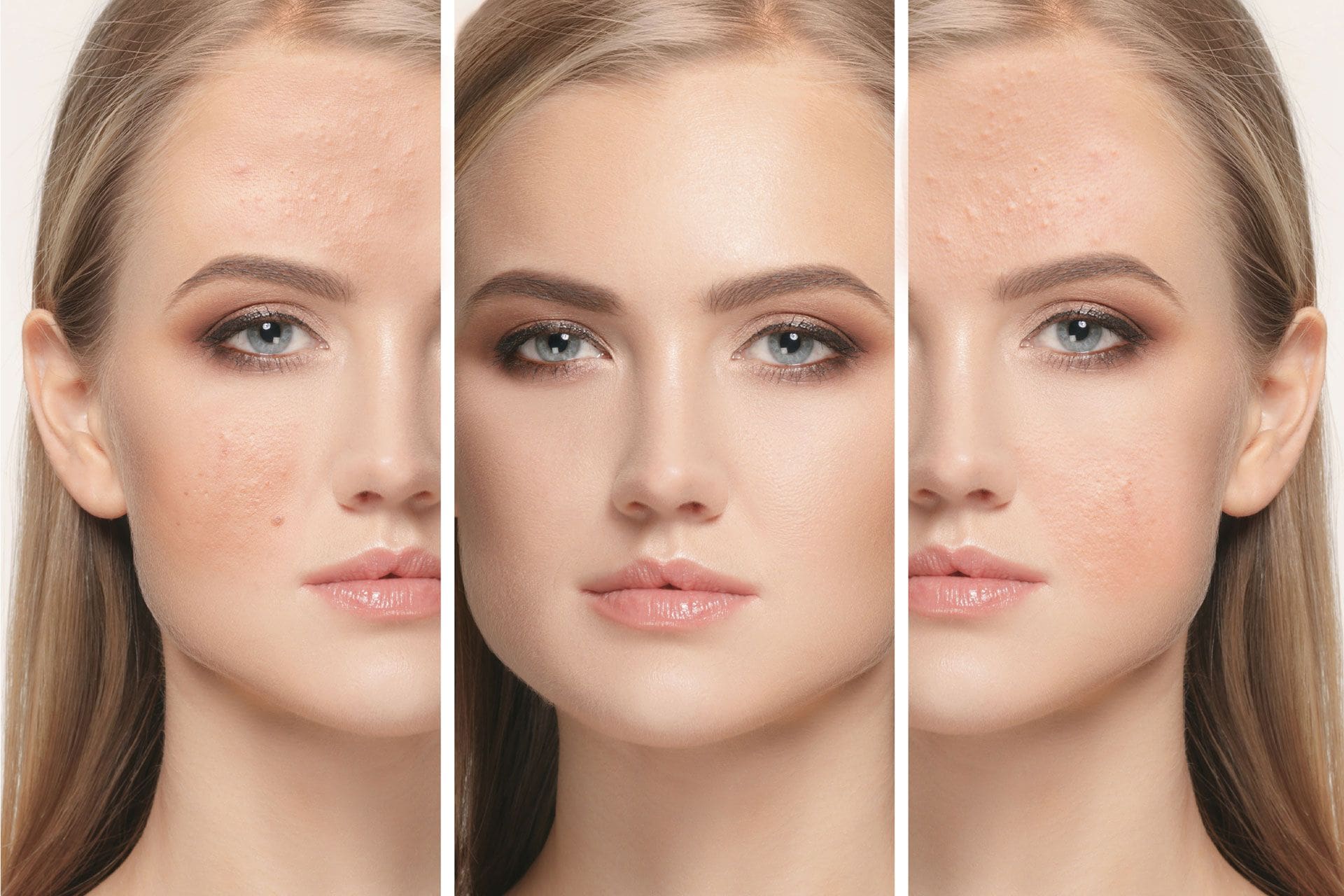
IPL Skin improvement

CO2 Laser treatment
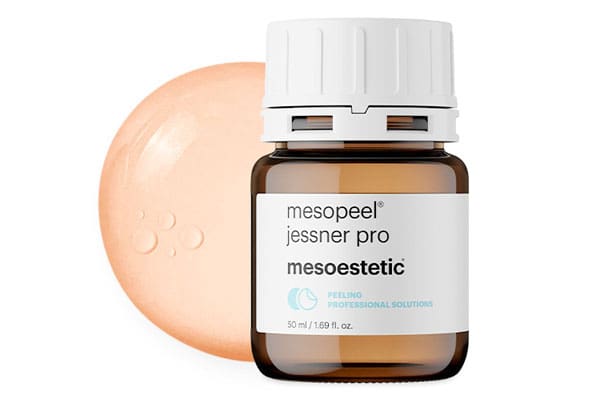
Jessner Peeling
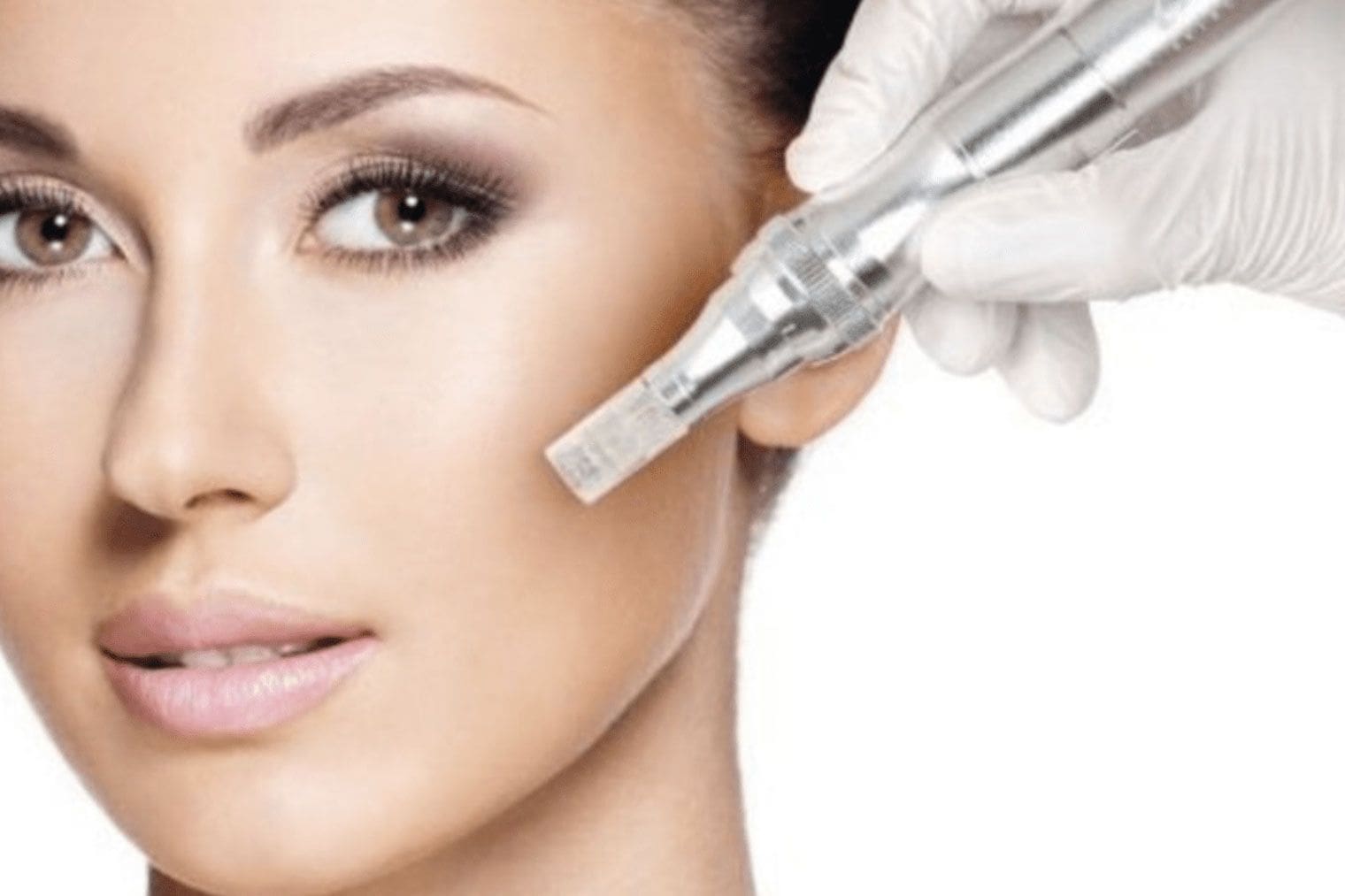
Microneedling
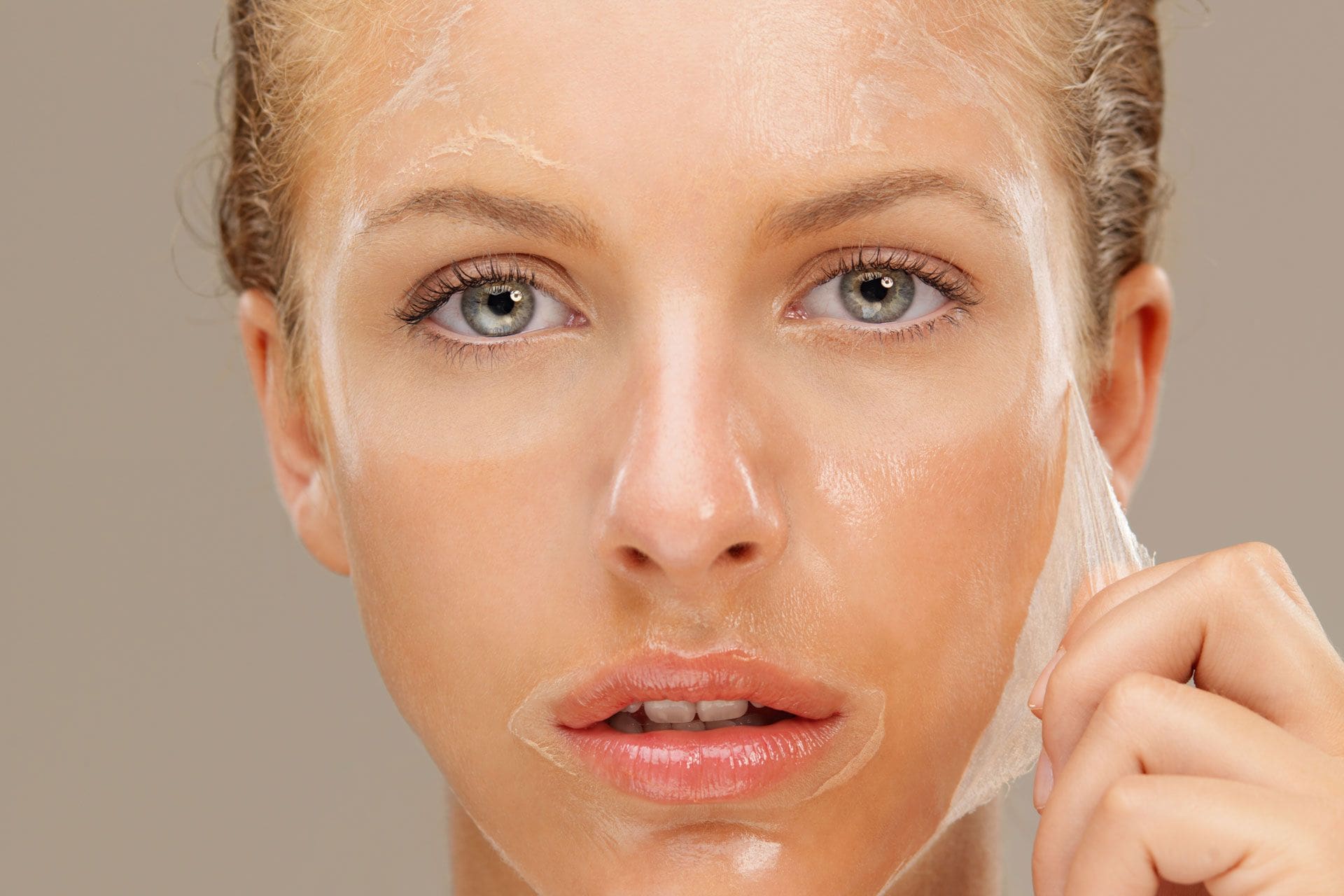
Medical Peeling

